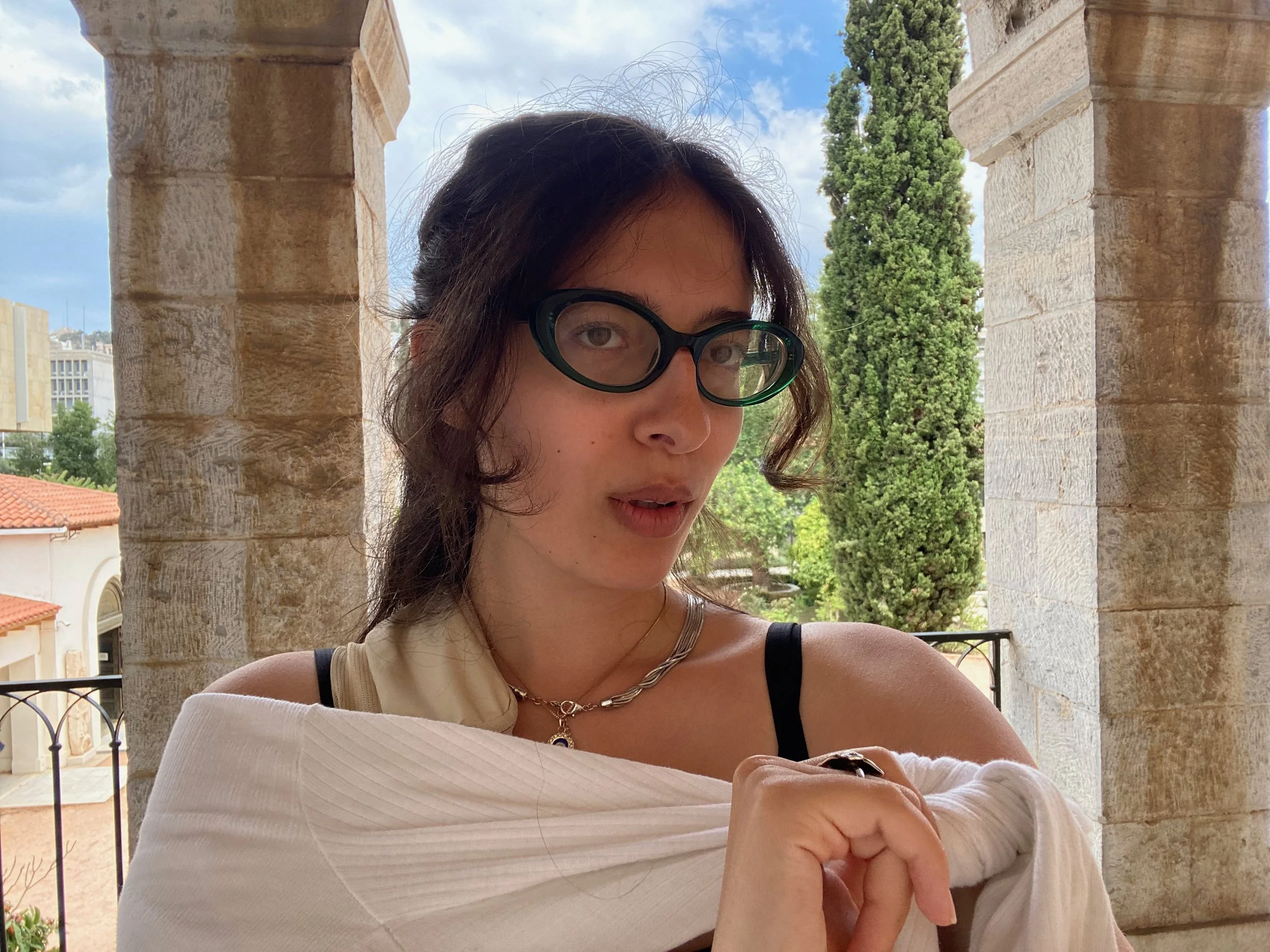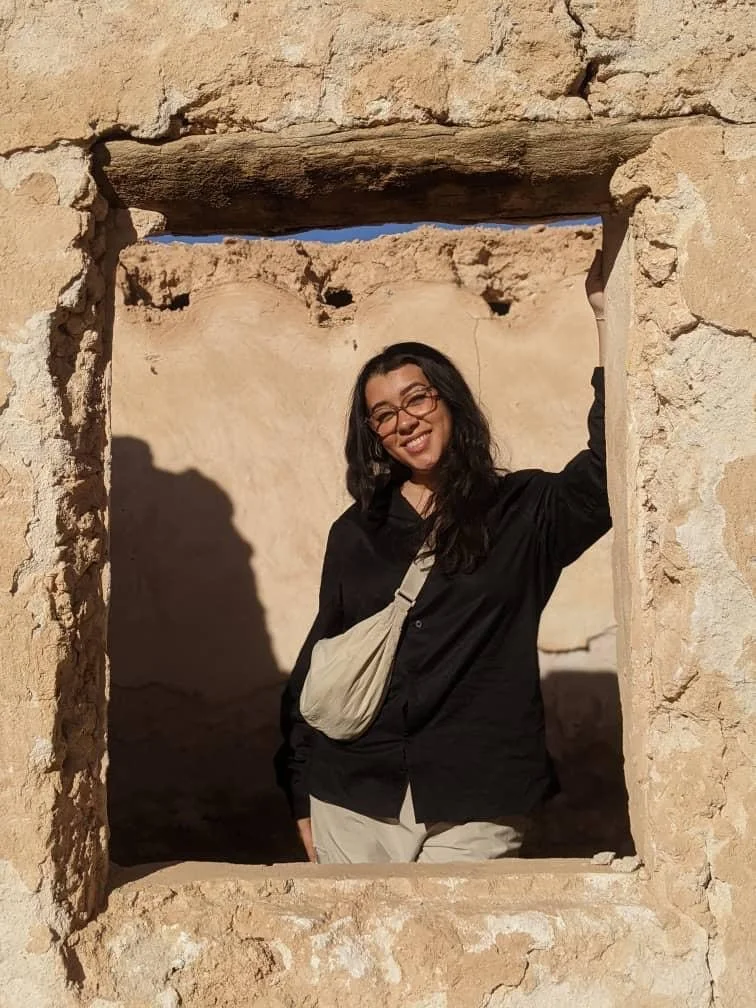“Reading Ottoman Turkish”
Mediterranean Studies Summer Skills Seminar
14—17 July 2025 • Remote
The Summer Skills Seminar, “Reading Ottoman Turkish” will be held via Zoom from Monday, 14 July to Thursday, 17 July 2025 from 10am to noon and 1pm to 3pm MDT.
Course overview
For almost six hundred years, the Ottomans ruled most of the Balkans and the Middle East. From their bases in Anatolia, Ottoman armies advanced into the Balkans, Syria, Egypt, and Iraq, constantly challenging the borders of neighboring European and Islamicate empires. By the end of the seventeenth century, Constantinople, Jerusalem, Cairo, Baghdad, Sarejevo, Budapest, and nearly Vienna came under Ottoman rule. As the empire expanded into Europe and the Middle East, a central part of Ottoman life was connected to the emergence, consolidation, transformation, and use of the Turkish language. This course offers an introduction to Ottoman Turkish, providing an introductory level course to the language and a brief overview of Ottoman paleography. By the end of the course, the student will be able to read basic texts in print, recognize different paleographic styles and types of documents, as well as understand how and what dictionary to use for different types of texts. The course is perfect for students with knowledge of Turkish and/or Persian and Arabic, with an interest but no prior knowledge of Ottoman Turkish.
The course is divided into four sections (two two-hour sessions). The first section will focus on learning the alphabet and recognizing basic vocabulary. The second section will focus on examples of changes between Ottoman and modern Turkish. The third section will focus on the different paleographic styles and the most common types of documents historians might encounter. The last section will provide a short history of the Ottoman language with examples.
The goal of this course is to introduce participants to printed and handwritten Ottoman texts in their research and teaching and provide them with a bona fide certificate (in the form of a certificate of completion for those who attend the whole seminar), which may be advantageous in securing funding for research and travel. This course is designed as an introduction that will allow students to continue their training either independently or through intensive courses that require some knowledge of Ottoman.
Faculty
The course will be led by Prof. Oscar Aguirre Mandujano (University of Pennsylvania, Department of History). He studies early modern Ottoman intellectual history, and its connections to literature, poetry, and bureaucracy. Aguirre-Mandujano first monograph, Occasions for Poetry: Politics, Literature and Imagination Among the Early Modern Ottomans (Penn Press, 2025) examines the relation between literary composition and the transformation of political thought in the early modern Ottoman Empire. Since 2012, he is also part of the teaching staff at the Intensive Ottoman and Turkish Summer School (Harvard/Koç Universities) in Cunda, Turkey, where he tutors in Ottoman paleography and Ottoman archival sources. Aguirre-Mandujano is also co-organizer of the Baki Project, a Digital Humanities project that aims to develop new digital tools for the study of Ottoman manuscripts
Program
Monday, 14 July 2025
10am–noon
1.1 Introduction to Ottoman: Language or Research Skill?
1.2. Basics & Alphabet. Reading Mechanics.
1.3. Reading Encounter: Tevfik Fikret
1pm—3pm
2.1 Reading Solution: Tevfik Fikret
2.2 Reading Analysis and Discussion
2.3 Overview of Dictionaries, and Encyclopedias
2.4 Change over Time
2.5 Towards a periodization of Ottoman texts
Tuesday, 15 July 2025
10am–noon
3.1 Introduction to XIX century and its Ottoman
3.2. Types of texts in print and handwritten
3.1. Reading Encounter: Ahmet Midhat
1pm—3pm
4.1. Homework Review
4.2. Reading Encounter solution and discussion
4.3 Introduction to handwritten texts
Wednesday, 16 July 2025
10am–noon
5.1 Homework Review: Comparison and discussion
5.2. Print versus Handwritten
5.3. Script Genealogies
5.4. Reading Encounter: Ins
1pm–3pm
6.1 Reading Encounter: Solutions and Discussion
6.2. Reading Encounter: Berat
6.3. Reading Historically: Discussion and Introduction with examples
Thursday, 17 July 2025
10am–noon
7.1 Overview of manuscripts and texts
7.2. Reading Strategies, Learning to Read
7.3. Reading Encounter
1pm–3pm
8.1. Discussion for future development
8.2. How to conceptualize Ottoman as both a historical language and a research language
8.3. Resources for self-study and for future training
Participants said
“I appreciated the practical tips the instructor provided, and think these are the most valuable. I also appreciated that he was positive and encouraging. He also suggested and provided some reading/research material that is very useful.”
“Very supportive instructor”
“Overall, the course was a thoughtful introduction into the dynamic language of Ottoman Turkish. Professor Aguirre-Mandujano provided us with the basics of the language and then structured a program that highlighted reading and comprehension skills. Although it seemed like a daunting feat at first, his encouraging and fastidious approach allowed students to gain confidence in the act of "trying." Even if one messed up, Professor would take his time with each student to work through the error so that we may eventually lead to successful transliteration and translation. The cohort of this course was a small number and consisted of dedicated, supportive individuals, which enabled a both personalized and collaborative environment. I thoroughly enjoyed learning and completing this course. Thank you kindly!”
Participants
Pelin Cokuslu (History & Classical and Mediterranean Studies: Vanderbilt University)
Pelin E. Cokuslu is a rising senior at Vanderbilt University, double majoring in History & Classical and Mediterranean Studies. She is pursuing the Honors History Program and Honors Classics Program at Vanderbilt. Pelin is an inducted member of Phi Alpha Theta and on the College of Arts and Science Dean’s List. Her interests are centered around diplomacy, US and Ottoman history, as well as the architecture and religious experience of the Late Antiquity period.
Sabrina Amrane (History: University of California, Berkeley)
I am a third-year PhD student in African history at the University of California, Berkeley working on the pre-colonial central Maghrib and Sahara. I am interested in manuscript cultures, Arab and Berber subject formation, and property rights in a desert milieu. I have experience as a graduate student researcher in the West African Arabic Manuscript Database (WAAMD) and established the Maghrib Studies Initiative at the Center for Middle Eastern Studies and Center for African Studies at UC Berkeley.
Jake Dyble (History/Department of Civilization and Forms of Knowledge, University of Exeter/University of Pisa)
I am historian of the early modern Mediterranean and a post-doc at the University of Padua, Italy. I completed a BA in History and MPhil in Medieval History at the University of Cambridge between 2013 and 2017. My PhD in early modern history was jointly awarded by Exeter University and Pisa University in 2021 and examined the free port of Livorno in Tuscany. My research looks at mariners, slaves, and especially merchants in the early modern Mediterranean and sits at the boundaries of economic and legal history. For the last three years I have been based in the Department of Private Law in Padova.
My current research looks at English and Venetian merchants trading in the Ottoman Empire in the seventeenth century. In particular, I am interested in how they presented their experiences in the empire back at home. I am near-fluent in Italian and have been learning Turkish for a few years. My ultimate goal is to be able to parse, even slowly, some of the many Ottoman texts I come across in the Venetian archives and, in general, to expand my knowledge of Ottoman history, language, and culture.
Selected Publications:
• Managing Maritime Risk in Early Modern Europe: General Average in Law and Practice in Early Modern Tuscany (The Boydell Press: Woodbridge, 2025)
• ‘The Threat of the “Avania”: Financial Risk in European-Ottoman Trade and the Growth of an Orientalist Discourse, 1660-1710’ in Un mare connesso: Europa e mondo islamico nel Mediterraneo (Secoli XV-XIX), eds, Jake Dyble, Alessandro Lo Bartolo, Elia Morelli (Carocci: Pisa, 2024), 109-32.
• ‘General Average, human jettison, and the status of slaves in the seventeenth-century Mediterranean and Atlantic’, The Historical Journal, 65 (2022), pp. 1197-1220, (doi:10.1017/S0018246X22000103).
Ozlem Berk Albachten (Languages and Cultures: University of Reading)
Özlem Berk Albachten is a professor of Translation Studies. She is currently a Visiting Research Fellow at the Department of Languages and Cultures, University of Reading. Her research interests include translation history, intralingual translation, retranslation, and Turkish women translators. She is the author of Translation and Westernisation in Turkey (2004) and Kuramlar Işığında Açıklamalı Çeviribilim Terimcesi (2005). With Şehnaz Tahir Gürçağlar she co-edited Perspectives on Retranslation. Ideology, Paratexts, Methods (Routledge, 2019), Retranslation in Turkey (Springer, 2019), Routledge Handbook of Intralingual Translation (2024), and the Special issue: Retranslation, Multidisciplinarity and Multimodality for The Translator (2020). Two special issues are forthcoming: “Translating and Publishing Turkish Literature in the Anglosphere” , she is co-editing with Daniela La Penna, will be published in Middle Eastern Literatures later in 2025 and “(Non)translating marginality: Stifled and liberated narratives and languages in museum translation”, edited with Şule Dermirkol Ertürk and Nike Pokorn, will be published in Across Languages and Cultures in 2026.






